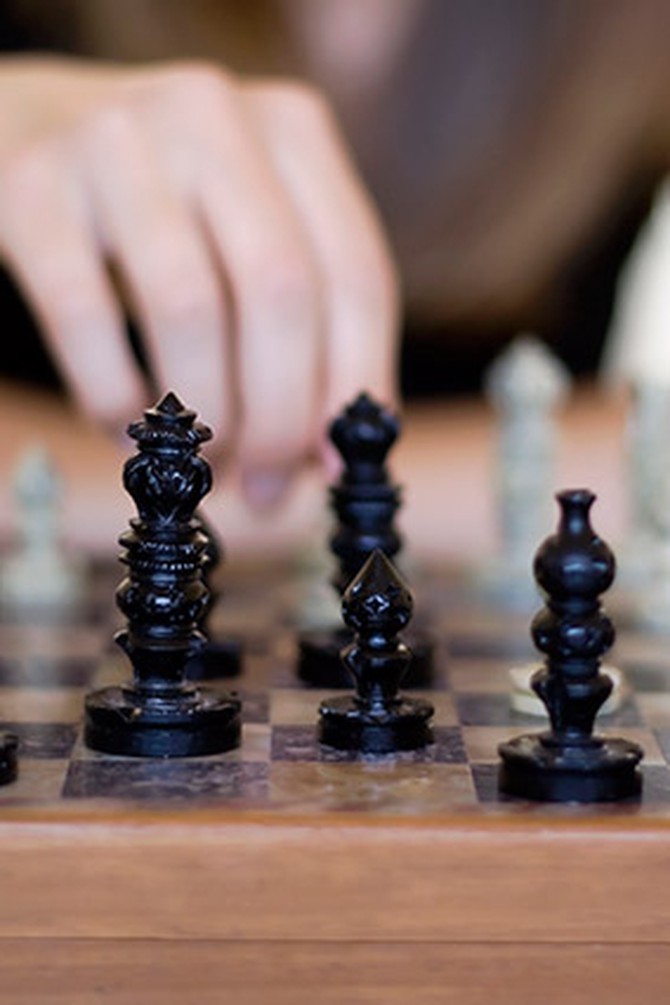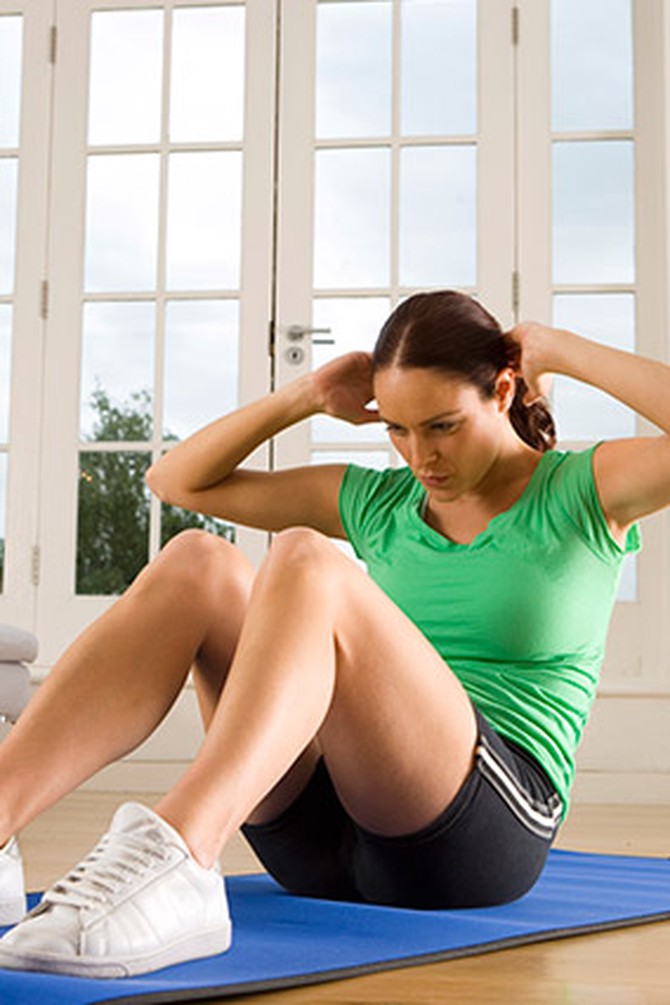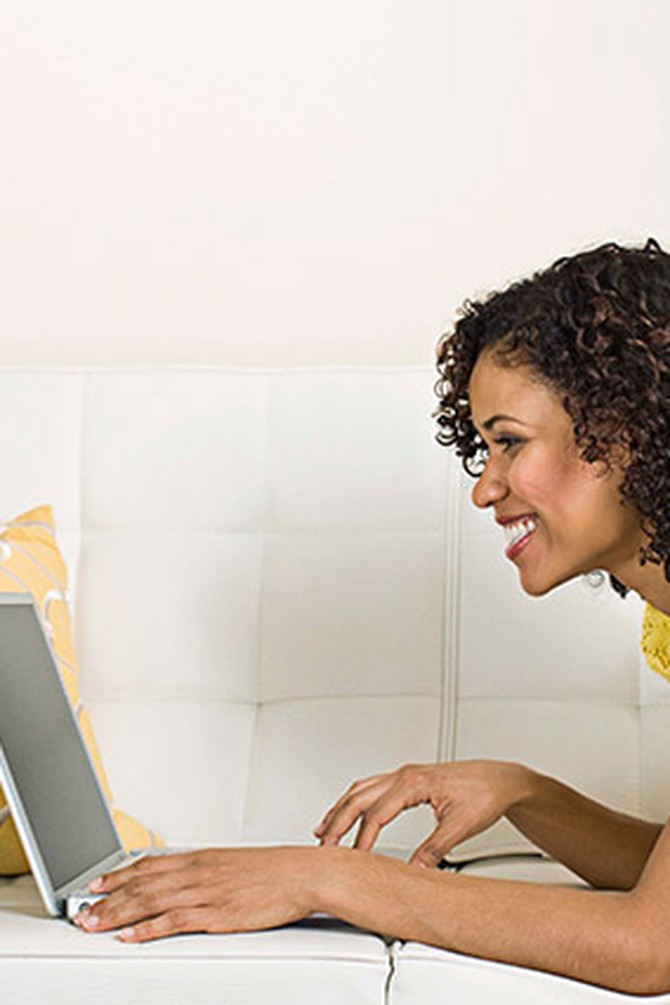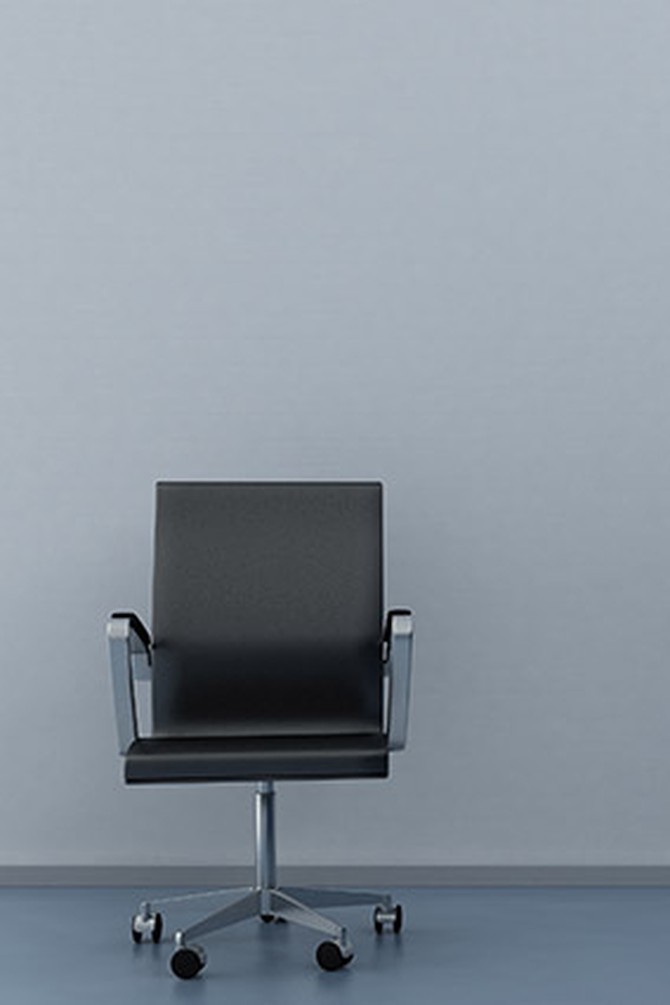Surprising Things That Can Boost Your Self-Esteem
Scientists found that more of us would rather get an ego boost than have sex. These confidence-builders get you your fix when you need it—so you can boldly move on.
By Jena Pincott

Photo: Thinkstock
A Slightly Sloppy Villain
Read a good mystery novel for a surefire ego boost. But here's the clincher: The case must be crackable yet still satisfying, with a reliable "Aha!" moment, found an Ohio State University study. While all readers enjoyed not knowing for sure whodunit, those whose self-confidence was down at the time got a bigger boost when the villain turned out to be the one they sort of suspected all along. To strike that sweet spot, Kate Stine, the editor-in-chief of Mystery Scene magazine, recommends books by Alexander McCall Smith (The No. 1 Ladies' Detective Agency mysteries), Margaret Maron (Deborah Knott series) and Lindsey Davis (Marcus Didius Falco mysteries).

Photo: Thinkstock
A Winner's Brain (Even if It Comes Easily)
Enter a few small competitions that you're likely to win—a debate in your area of expertise, a race against your sluggish partner, a Boggle battle, anything. Tiny victories build confidence on a biological level, says neuropsychologist Ian Robertson in his book The Winner Effect. Each feat sprouts androgen receptors in the brain's reward-and-motivation areas. The more receptors you have, the more testosterone influences you—and the bolder you'll be in your next challenge (especially in a familiar context). Anecdotally, the edge you get from consecutive victories can last for months, Robertson says. (Note: This brain boost was observed in mice, but early evidence suggests it applies to humans too.)

Photo: Thinkstock
A Dozen Extra Crunches
An antidote for life's put-downs: sit-ups—12 extra ones. Or one more volley, two more staircases, four surplus squats. To pump up deflated self-esteem and improve overall life satisfaction, extend your normal exercise for just a few minutes more than usual, found a study led by Jaclyn Maher at Penn State University (and if you don't have a routine, do a little exercise of any sort, she says). It's well documented that a workout improves mood, but Maher says that making the extra effort when the ego is weak may also strengthen a feeling of control—which leads to self-confidence.

Photo: Thinkstock
Virtual Voyeurs
We all know that journal writing is therapeutic. But a study at Israel's University of Haifa surprised us: Blogging our innermost feelings turns out to be more confidence-building than the old leather-bound lock-and-key approach. After two months, students who posted intimate and sometimes agonized entries online at least twice weekly showed greater improvement in self-esteem—especially if their (totally anonymous) blogs were open to comments (which were usually supportive). The explanation: A blog's "safe self-exposure" aspect helps us to feel connected and less socially anxious.

Photo: Thinkstock
Some Really Good Scuttlebutt
Go ahead, spread some juicy gossip about someone you know. It'll make you feel better about yourself. But there's a condition: no bad-mouthing. A study at England's Staffordshire University found that when volunteers spread kind gossip about fictional others ("You'd never know she's actually a genius at coding"), they immediately experienced a feel-good jolt and a slight but significant (5 percent) increase in self-esteem. (Meanwhile, spreading mean-spirited rumors led them to feel a 34 percent increase in negative emotions.)

Photo: Thinkstock
That Genius Maid-of-Honor Speech
Channel a moment in your life when you felt genuinely powerful (you tamed a tough crowd, charmed your first clients, gave birth). Write about it for 10 minutes. If you're like the volunteers in a study published in the Journal of Experimental Social Psychology, this exercise will make you feel (and come across as) noticeably more confident. And not in a cocky way: "Power-primed" people were simply more persuasive and impressive than usual in written essays and face-to-face mock business-school interviews. (They were also 81 percent likelier to receive a thumbs-up.)

Photo: Thinkstock
The Big Kahuna Pose
Throw one arm over the armrest of your chair. Stretch the other over the back of the chair next to you. Rest one ankle on the opposite thigh. If you're like the volunteers in a study at Northwestern University's Kellogg School of Management, this expansive pose "activates" power-related behaviors (as examples, they made bolder blackjack moves and indicated a willingness to speak first in a debate). Ann Cuddy, a social psychologist at Harvard Business School, found that holding an arms-up/legs-spread "power pose" for two minutes boosted confidence on a hormonal level by increasing testosterone and decreasing the stress hormone cortisol.

Photo: Thinkstock
A Link to the Stars
Look to Michelle Obama, Hillary Clinton, Angelina Jolie (or any other bigwig) to get a little ego boost. Sure, the relationship is one-sided—you know all about her, and she doesn't know you—but an impression of intimacy works in your favor, found a study at the University of Buffalo. When people with flagging self-esteem wrote down the ways in which they were similar to their favorite same-sex celeb (we share smarts, cheekbones, alcoholic moms and a weakness for goofy men), they felt closer to—or at least more confident about becoming—their own best selves.
Next: 6 daring women reveal where they find their confidence
Next: 6 daring women reveal where they find their confidence
Published 09/04/2013

